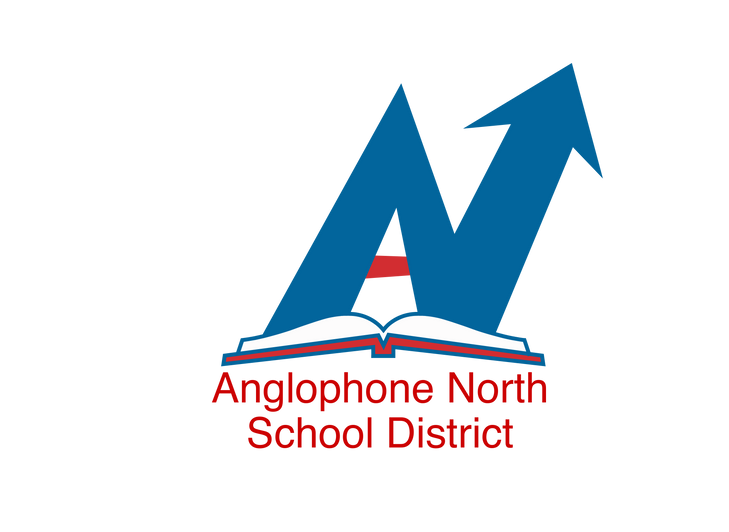

What’s The Big Deal?
Celestial Phenomenon


ASD-North
How is ASD-N Celebrating?


Learning Opportunities
Teaching Resources
- Curricular Connections
- Cultural Insights
- Experiential Learning
- Inquiry-Based learning activities
What’s The Big Deal?

o
Why is it so special?
New Brunswick is in for an unforgettable cosmic treat on April 8, 2024! We're about to witness a total solar eclipse, and it's truly something special. Parts of ASD-N are in direct line and some will witness totality for an incredible 3 min 17s! Canada has not experienced a total solar eclipse since February 1979, and the last one in NB was in 932! We won't see another one in the Maritimes until 2079. So, this is truly a once-in-a-lifetime opportunity for many.
What’s The Big Deal?

Will I be able to see it?
Areas of ASD-N within an approximate radius of 100km from Blackville, NB will experience totality, with many areas just outside, experiencing near totality / partial eclipse. Learn more about specific times and locations on TimeandDate.com
CSA
Guide to Solar Eclipses

How can I view it safely?
During any solar eclipse, it is imperative to wear special viewers with filters designed for eclipse watching (ISO 12312-2 international standard) to prevent eye damage. Regular sunglasses will not protect your eyes. Visit CSA: Guide to Solar Eclipses for more information.
How is ASD-N Celebrating?
With Light Art Grants!


As part of this historic event, Brilliant Labs will be hosting its Innovation Fair on April 4th, 2024 at the French Fort Cove Eco Centre in Miramichi, NB. A large area of the French Fort Cove Eco Centre will be a Dark Room where the lights will be turned off and will feature light-based exhibits.
With the support of Brilliant Labs, ASD-N is offering teachers and students the opportunity to apply for an ASD-N Innovation Grant to create STEAM exhibits around the theme of light and space. There will be two categories of grants that teachers can apply for: Dark Room Displays or Light Up Installations
How is ASD-N Celebrating?
Safely!
As the eclipse approaches, you may be wondering what you can do to prepare yourself and your peers. The first thing you will want to do is get eclipse viewers. These glasses enable you to safely observe all stages of the eclipse. Once teachers have completed the safety training, viewers will be available to all students in ASD-N.
Another priority in preparation for the eclipse is to educate yourself on eclipses, eye safety, and activities you can do to enjoy the eclipse with your peers. Discover the Universe and other organizations have many relevant and important documents, workshops, and training leading up to the big day, so check it out!
Learning Opportunities & Resources
Why learn about the Eclipse?
Teaching about the total solar eclipse is a valuable opportunity for us. It's a rare celestial event that can engage students in various ways: by deepening their understanding of astronomy and the Earth-Moon-Sun system, fostering scientific curiosity and inquiry, and promoting cross-disciplinary learning. Eclipses also hold cultural and historical significance, offering a chance to explore diverse traditions and beliefs

Curricular Connections


Cultural Insights
related to this phenomenon. Teaching about this eclipse combines science, culture, and the excitement of witnessing a captivating natural event, making it an enriching and unforgettable educational experience for students.
Visit the following sites for more information, resources, projects, activities and lessons:










